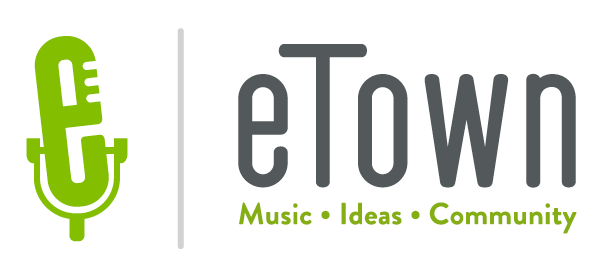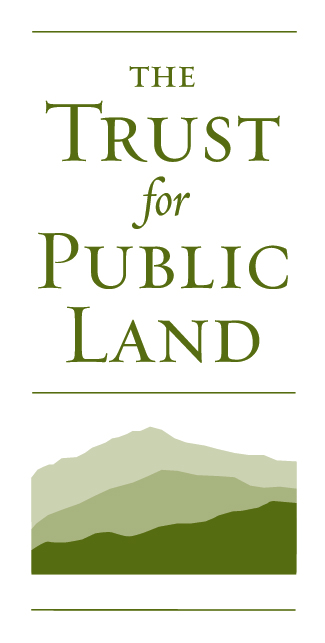When:October 14, 2015
Time:7:00 pm - 9:00 pm
Cost: $10 Plus applicable service fees
Doors at 6pm
Event from 7-9pm
OVERBURDEN is a disarming and powerful new film that shows the human stories from coal country – including stunning events that will either divide or unify a community, its coal workers and their families. The story, unfolding over eight years, follows a fiery, pro-coal right-winger and a tenacious, environmentalist grandmother as they join forces to take on a major U.S. coal company. According to The Guardian, the coal industry is in a “terminal decline,” leaving these communities facing an uncertain and dire future. OVERBURDEN is the first film of its kind to document the end of the age of coal and celebrate the heroes who are standing up to rebuild their fractured communities.
Award winning filmmaker Chad A. Stevens will be on hand to take questions following the screening.
“Chad A. Stevens has authored a documentary about a problem that needs to be more widely known, about a people who need to be better understood, and about courageous heroism that needs to be seen to be believed.”
– David Shreve, Jr., Audiences Everywhere
In the process called mountaintop removal coal mining, “overburden” is a term used to define the rock, soil, trees and ecosystem that lie above a seam of coal. This overburden is blasted and bulldozed away to access the coal below. It is shoved into valleys, discarded, much like the people who live and work in those valleys are cast aside. The goal of this film is to humanize those people, to explore the complicated issues and to spark conversation that can move beyond the expected and polarizing debates and allow viewers to access an empathetic view of a people and a place that few Americans truly understand.
Director and cinematographer Chad A. Stevens is an Emmy-winning filmmaker, editor, journalist and teacher. Before becoming a professor at the University of North Carolina, he was a producer and editor at MediaStorm, where his work focused on a range of topics from PTSD to the aftermath of genocide in Rwanda. After beginning this project in 2006, the lion’s share of Stevens’ work has centered on environmental documentary. This creative focus intersects with his scholarship in innovative proj- ects ranging in topic from hydraulic fracturing to the BP Gulf oil spill and includes Powering a Nation, an interactive documentary series funded by the Carnegie and Knight Foundations. These efforts have led to many awards, most notably an Emmy in New Approaches in Documentary for his collaboration in the Pulitzer Prize-winning project, Caught in the Crossfire. Other awards include a Special Merit Award from the Grantham Prize, an Alfred I. DuPont - Columbia University Award silver baton and a win at the SXSW Interactive Festival. Stevens’ first short, Leveling Appalachia, received the National Magazine Award for Digital Media and has been used in university curricula across the country. Excerpts of the project are featured in the eBook version of Al Gore’s new release, Our Choice, a sequel to An Inconvenient Truth.
DIRECTOR'S STATEMENT
Having grown up in Kentucky, I thought I knew Appalachia. I thought I knew what it meant to be a coal miner. I thought I understood the ways in which the land had shaped the people. I thought I knew what it looked like to raise a family there, to provide, to do what’s right. But after begin- ning this project nearly 10 years ago, I learned that it’s a place of coal and contradictions.
This film is largely about those contradictions. For those on the outside, like myself, the answers seem easy. Coal is bad. Water is life. Don’t blow up the mountains. What’s hard to see from the outside is the reason folks are so dedicated to the very industry that ultimately, and statistically, ends their lives 10 years earlier than other Americans. This is because the region has been engineered to support only one economy, a coal economy, leaving families with only one option: a job in the coal mine. Even though that very coal company may blow up your land, it’s also the company that signs your paychecks, that gives you health insurance, and that feeds your children. And people fight fiercely to defend their families.
This film screening is co-presented by eTown, CU-Boulder’s Center for Environmental Journalism and the Trust for Public Land.



